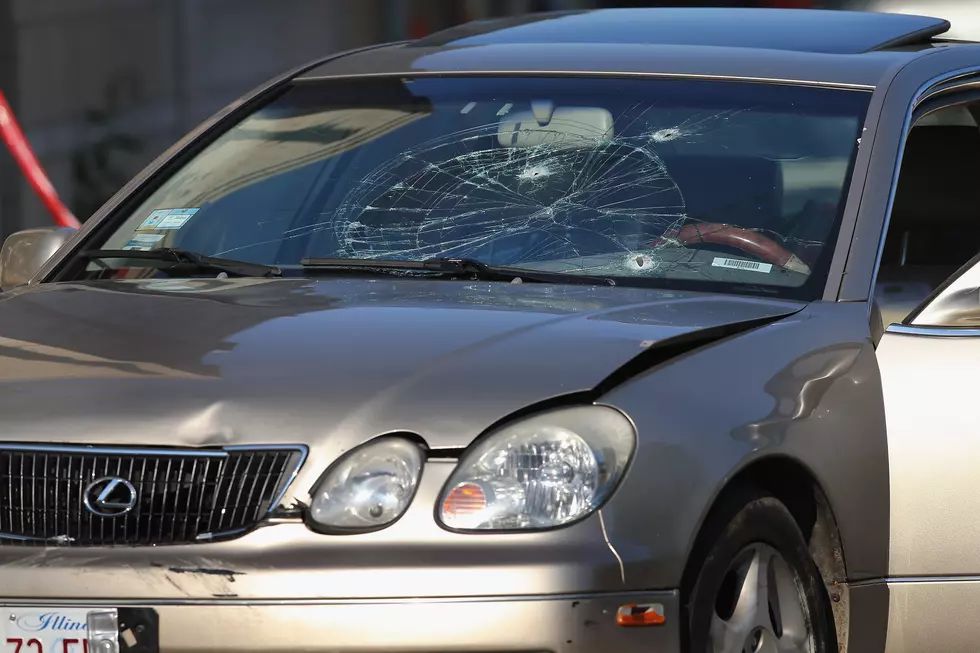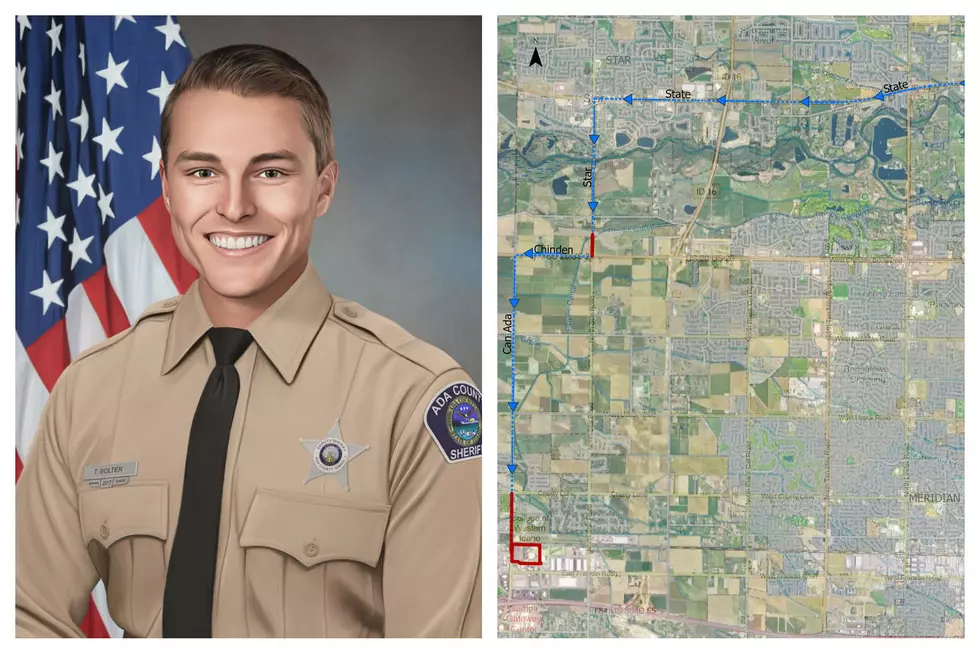
Chip Sealing Season Begins in Ada County
ACHD says zone 2 south will be their area of operation this summer. Translated, that means the streets of and around streets south of I-84 to Lake Hazel Road, Five Mile west to McDermott will be sealed this summer.
How does chip sealing impact your commute?
In certain areas, "No Parking" signs will be placed by the sidewalks next to the street 24 to 48 hours before the work begins. Once work begins, motorists are prohibited from parking on the street. Vehicles remaining on the street will be moved to a nearby street unaffected by the maintenance. Impacted residents and businesses will receive notices five to ten days before work begins.
This notice will include intended timelines; however, all work is weather-dependent.
Motorists should take additional care when driving through a chip seal zone. It is very important to follow posted speed limits and other instructions to help prevent oil and chips from damaging vehicles.
Chip seal is done annually to prolong the life cycle of Ada County roads. Compared to alternative methods, chip sealing is an inexpensive and efficient way to provide preventative maintenance, helping to seal and protect roadways from usual weather and wear.
Is it necessary?
ACHD has provided a complete list of answers to your chip sealing questions here.
LOOK: Here Are 30 Foods That Are Poisonous to Dogs
LOOK: 30 fascinating facts about sleep in the animal kingdom
More From Idaho’s Talk Station









